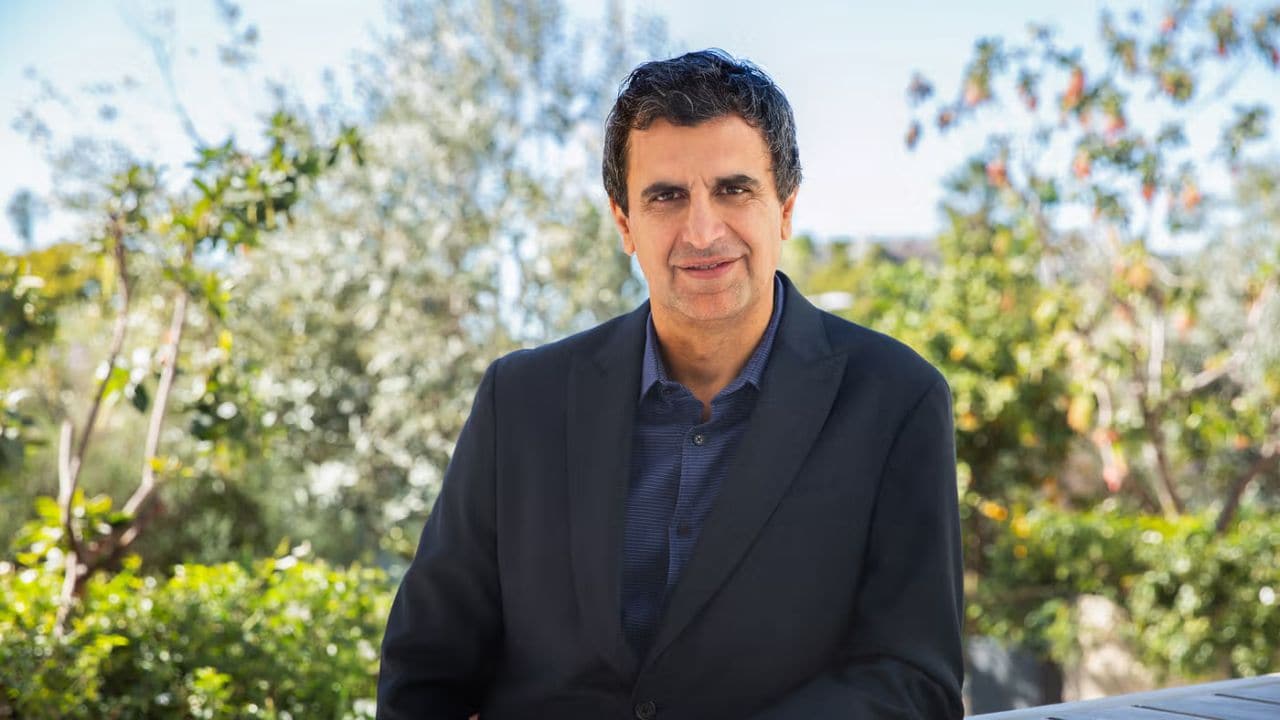During Unilever’s Q1 2025 earnings call, Fernandez identified India as one of the two anchor markets for the company’s global portfolio, alongside the United States, as he charts a new course to streamline operations and boost long-term growth. He acknowledged underperformance in markets like China and Indonesia but expressed a strong commitment to transforming Unilever into a more focused and globally consistent business—with India playing a central role in that vision.
Consumer goods giant Unilever reported a modest uptick in sales in the first quarter of 2025, pointing to strength in its premium beauty and personal care brands in developed markets, even as challenges persisted in several key emerging economies.
Underlying sales grew 3 percent in the quarter, driven by a combination of price increases and volume gains. The performance was broadly in line with expectations, with Unilever reaffirming its full-year guidance of 3 to 5 percent underlying sales growth and a slight improvement in operating margin.
Read more: India a top strategic priority for Unilever’s new CEO, says HUL Chief Rohit Jawa
Meanwhile, Hindustan Unilever (HUL), in its Q4FY25, reported a 3 percent decline in its consolidated profit to Rs 2,475 crore compared to Rs 2,561 crore in the corresponding quarter in FY24. The company’s standalone profit in Q4 stood at Rs 2,493 crore- an increase of 4 percent year-on-year.
India remains Unilever’s second-largest market, contributing roughly 12 percent of its global sales. Back in February, Hein Schumacher had also underscored the strategic importance of the country, stating, “If you are running Unilever, you would not swap our Indian business with any other business.”
Acknowledging that China and Indonesia, in particular, have been geographies in which the company has been underperforming, Fernandez said, “….in the long-term, I believe that one of the issues of Unilever is that we are really a federation of local and regional brands. I want to attack that, building a more coherent and consistent global portfolio, making US and India the two anchors of our portfolio and radically simplifying our business from a geographical point of view, from a technology point of view and from process point of view. So these are the priorities I have. I will be a frontline CEO of a frontline-obsessed company.”
Talking about how the Home Care performance in emerging markets to be better along the year, the executive said, “In India we have seen one of our international competitors to resort to significant discount particularly in the liquid format. We have responded to that and that also has weighted down our performance in Home Care. But awe will not blink when it comes to the defense of our position there.”
During the call, he also mentioned that while the overall market conditions are likely to be volatile and uncertain, with the global economy probably operating below its long-term potential, top-line growth with strong volume contribution is and will be Unilever’s absolute priority.
He also added, “The direct impact of tariffs on our profitability is expected to be limited and manageable. All this being said, we are conscious that the macroeconomic environment, currency stability and consumer sentiment remain uncertain and we will be agile to adjust plans if necessary.”
HUL CEO, Rohit Jawa, in a post-earnings call with analysts on April 24, also pointed out how Fernandez wants to build India as one of his key markets in the future. “It is true that Fernando sees India as a very important part of his overall strategy. He would like India and U.S. to be his anchor markets.”
Adding more on how Fernandez has high hopes for HUL, viewing it as a long-term investment in India rather than a quarter-to-quarter play, Jawa shared, “I think we are really fortunate to have him lead Unilever at this time.
And it’s good for us because we’ve always had the priority from the ex-CEO Hein Schumacher, who said ‘double down in India’. Alan Jope, before Schumacher, had put India on his strategy. So we’ve always been on the top of the table insofar as Unilever is concerned…What’s good for HUL is also good for Unilever.”
Read more: HUL cuts ad expenses by 6.5% in Q4 FY25, consolidated profit drops by 3%
Fernandez, in a recent conversation with Barclays’ Warren Ackerman, reiterated his positive outlook on HUL’s performance. “Our brands and portfolio remain robust. Over the past three years, we have gained 200 basis points in market share in India,” he said.
He also highlighted his optimism around India’s quick commerce sector. Though this channel currently accounts for only around two percent of HUL’s revenue, he projected it could grow to contribute between 10 and 15 percent in the coming years.
“India is a very special place because richer Indians and poorer Indians live in close proximity that basically provide demand and supply of labour, making quick commerce a logical channel to grow,” he explained.
